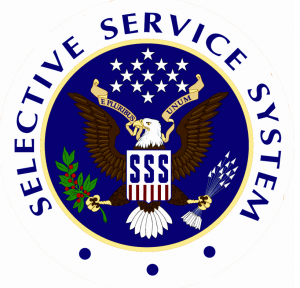The future U.S. economy rests on the decisions of Latino Millennials

SPONSORED CONTENT
By NewsTaco (3 minute read)
Three recent reports underscore the vital role that Latino Millennials – those between the ages of 18 to 34 – will play in the future of the U.S. economy.
One study completed by the Latino Donor Collaborative found that U.S. Latinos will fuel 25% of the nation’s economy by 2020. Another study by Harvard University’s Joint Center for Housing Studies found that Latino Millennials will make up half of all new home buyers in the next 20 years. And a third study, by the National Student Clearinghouse, tells us that while overall U.S. college enrollment is declining, Latino college enrollment is on the upswing.
This is all good news for young Latinos. It’s also a clear indicator that we must ensure young Latinos have a clear path to economic strength – education, jobs, and opportunity – because a large portion of our future economy will rest on their shoulders.
There are many people, organizations, and political leaders working to formulate plans and generate momentum to foster a pipeline to higher education and promote small business and employment success for Latino Millennials. For young Latino men, there is also one basic requirement that opens the door to a brighter future: registering with the U.S. Selective Service System.
The first thing you should know is that it’s the law. Virtually all men living in the United States must register when they turn 18. This is especially critical to keep future opportunities open for young Latino men. If they fail to register by their 26th birthday, they can:
- Lose eligibility for federal educational grants, and even many state grants. This can make it hard for them to afford college, even if they decide not to attend right away.
- Lose eligibility for many federal and state government jobs. An entire array of good jobs will be closed to them.
- Experience significant delays in the immigration process. In some cases, they might not be eligible to become citizens until they turn 31.
One more thing should be made clear: The Selective Service System does not ask for a registrant’s immigration or resident status. There is no effort to identify undocumented immigrants and provide reports to other government agencies. And all male U.S. citizens and immigrants living in the U.S. are required by law to register regardless of their immigration status.
Selective Service representatives find that most young men who don’t register did not know they had to do so. That’s where you can help. If you know a young man who has turned 18 or is about to, make sure to remind him to register with Selective Service – and let him know what’s at stake if he doesn’t.
Registration is easy and only takes a few minutes. Men must simply visit the Selective Service homepage at SSS.gov and click on the “Register” button. On the next page, there’s a form with a few simple questions including name, address, birth date, and social security number. If a man doesn’t know his social security number or doesn’t have one, the paper registration form does not require a social security number and can be printed from the website or picked up at most U.S. Post Offices.
Filling out the form may only take a few minutes, but it will make a positive difference for the rest of a young man’s life – and, with the vital role Latino Millennials will play in our future, will have a critical impact on the future of the nation’s economy.
###

